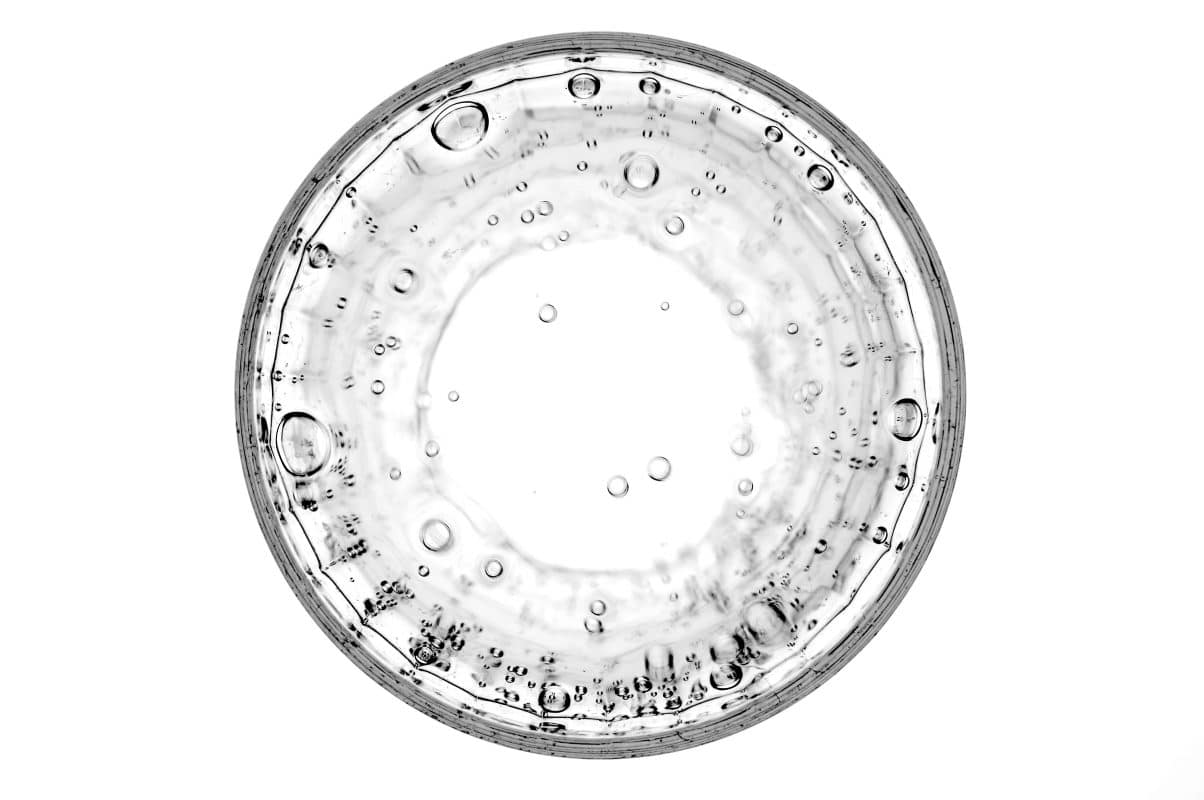Blog, Healthy Living
The bubbles in carbonated drink increase the hunger hormone
Sodas are a staple food of modern life. They are basically carbonated sugar water. We know that water is good but too much sugar, especially high fructose corn syrup in sodas, is bad for you. What about carbonation, i.e. those cool frizzling bubbles that are so tempting in TV ads? It turns out that the bubbles make your hungry.
A recent study conducted by researchers from the Birzeit University in the West Bank reported the effect of carbonated beverages in relation to the body’s production of ghrelin, the “hunger hormone.” Ghrelin is a hormone produced by cells in our gastrointestinal tracts. This hormone regulates our appetite by functioning as a neuronal signaling molecule to our brain. Secretion of the ghrelin has been linked to feelings of hunger and has been shown to activate appetite.
The first part of the study used animal model and examined four groups of rats. Each group was given a different beverage for over a year: tap water, a degassed carbonated beverage, a regular carbonated beverage and a diet carbonated beverage. The weight and food consumption of each test animal were closely monitored, and levels of ghrelin in the blood were regularly tracked.
The results showed that the carbonated beverage groups, both diet and regular, gained weight at a faster rate than the degassed carbonated beverage group. In addition, the carbonated beverage groups consumed more food when compared to the degassed carbonated beverage group and tap water group. When examining the ghrelin levels, it was found that the carbonated beverage groups, both diet and regular, secreted significantly higher levels of the appetite-inducing hunger hormone when compared to the tap water group or degassed beverage group.
The researchers then tested the same concept on human subjects, taking 20 male students, and examined their blood ghrelin concentrations one hour after meals consumed with different beverages. The results showed that carbonated beverage group showed a 6x increase in ghrelin concentration when compared to the tap water group. Furthermore, carbonated beverage groups, including carbonated water group, showed a 3x increase in ghrelin when compared to the degassed carbonated beverage group. Basically, those consuming plain carbonated water showed higher blood ghrelin levels than those consuming degassed regular sugar-filled soda!
The exact mechanism through which carbonation in drinks increases the hunger hormone is not clear. The research hypothesizes that the pressurized carbon dioxide comes into contact with the stomach wall may trigger the release of ghrelin through a process called mechanosensation. The researchers concluded that the study “implicates a major role for carbon dioxide gas in soft drinks in inducing weight gain and the onset of obesity via ghrelin release and stimulation of the hunger response in male mammals.”
What’s the take home message? Carbonated drink significantly increases your appetite. If you want to lose weight, drink decarbonated drinks.
Thanks for reading.
Journal Reference: Eweis, DS, Abed, F., Stiban, J. Carbon dioxide in carbonated beverages induces ghrelin release and increased food consumption in male rats: Implications on the onset of obesity, Obesity Research & Clinical Practice, February 19, 2017; DOI: http://dx.doi.org/10.1016/j.orcp.2017.02.001
About SGC: SGC is an R&D focused developer of nutraceutical and pharmaceutical gummy products. The company specializes in formulating Functional Gummy® products combining the wealth of the in-house knowledge in pharmaceutics, chemistry, western medicine and herbal medicine. The company provides performance gummies® inspired by Traditional Chinese Medicine including MOCCA SHOTS™, ENERGON QUBE™, SEATTLE BEAUTY® and FUNCTIONAL FRUIT®. All SGC products are made only with ingredients and are plant-based, gluten free, non-GMO, and always made in USA.

